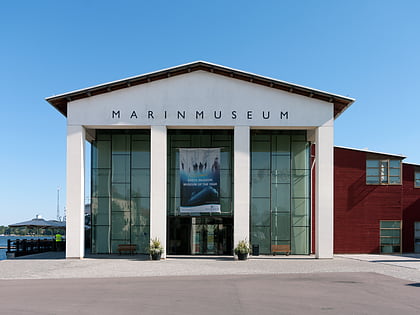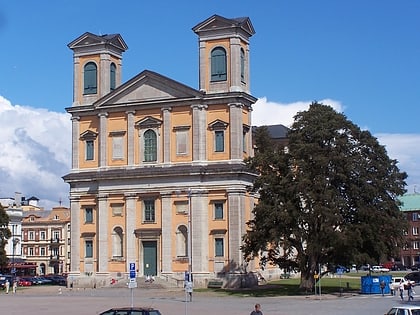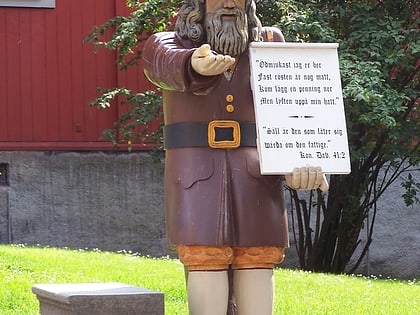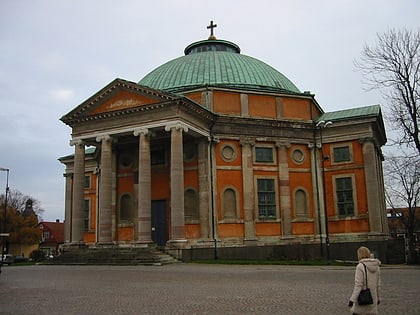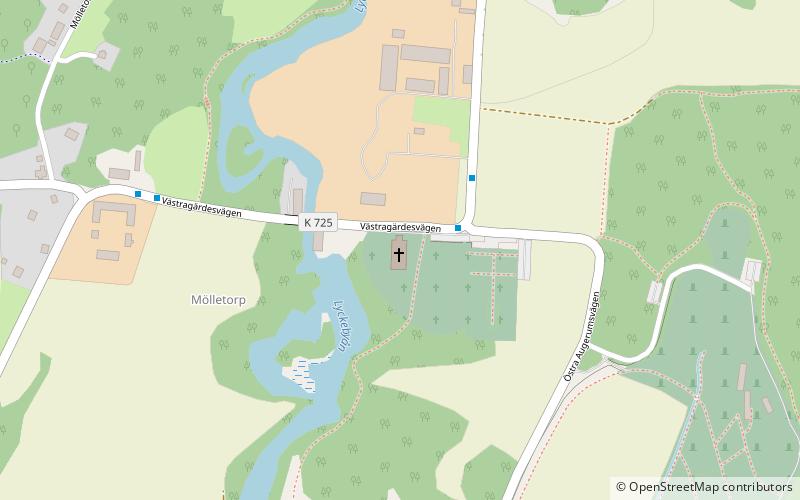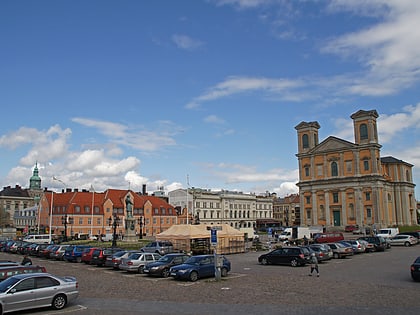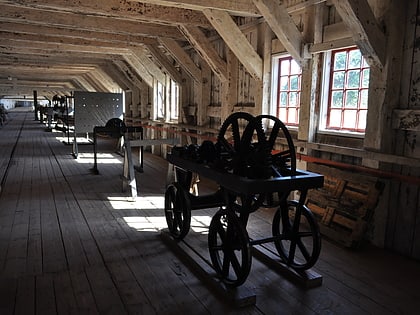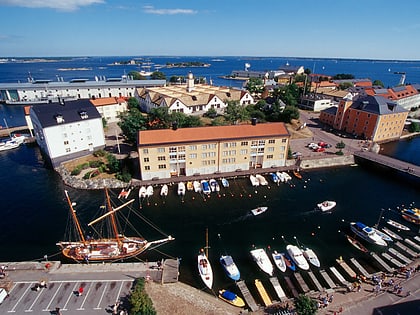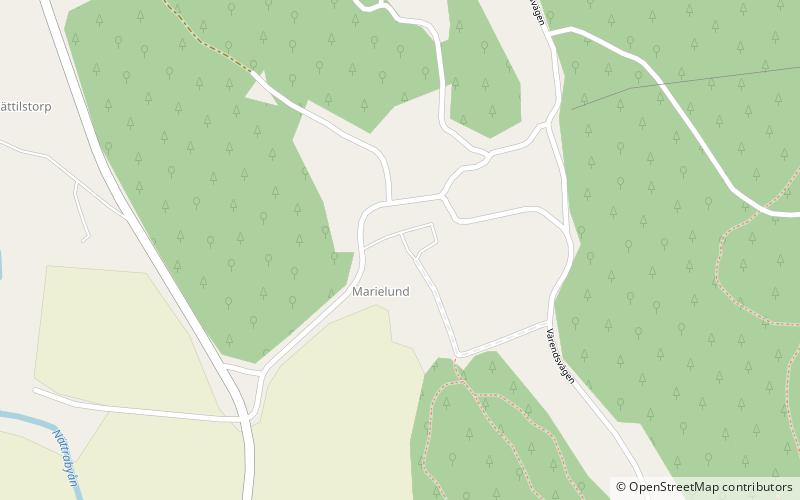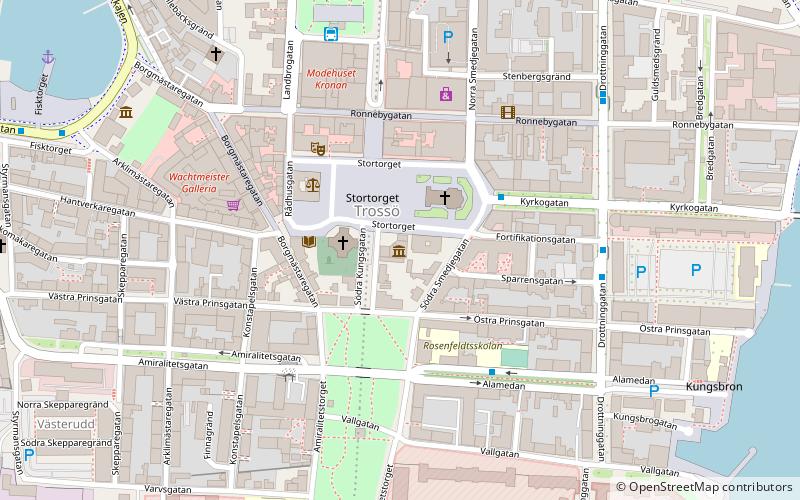Lyckå slottsruin
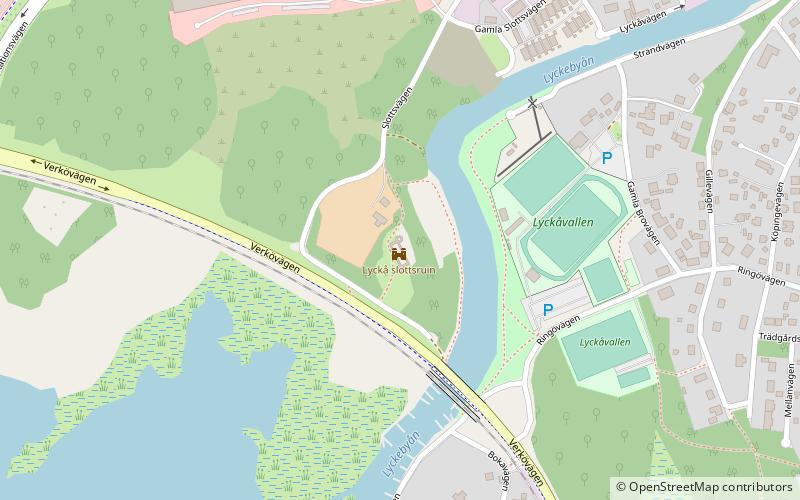

Facts and practical information
Lyckå was a medieval town in Lösens parish in present-day Karlskrona municipality in Blekinge, strategically located at the mouth of the Lyckebyån river.
The town is first mentioned in 1449, when Claus Nielsen Sparre acquired some land on its southern edge, where he had a farm built and a small castle erected. Claus Nielsen Sparre was bailiff to the Dane Ivar Axelsson Tott and as chief of Lyckå County, which consisted of eastern Blekinge, he had his seat here at Lyckå.
A castle, Lyckå Castle, was built on top of the complex in 1545, after the Danish king Kristian III ordered the then mayor Ebbe Knudsen Ulfeldt to build a new "fixed house" of stone, which could better resist the peasants' attacks in case they rebelled. The reinforced rectangular fortress with two sturdy corner towers was completed in 1560.
Blekinge was at this time a borderland and Lyckå was ravaged in the wars between Sweden and Denmark. In 1507, the Swedish councillor Åke Hansson conducted Night and Day raids in Blekinge, including against Lyckå. The Blekingians did what they could to stop the Swedes, they broke bridges and laid ambushes but the town and castle fell. Everything of value was taken by the plundering Swedes before they burned Lyckå. Some of the defenders and the castle commander Nils Gädda were taken as prisoners to Ronneby, probably for execution.
Lykka lost its town privileges in 1600, because the Danish state wanted to move the population and invest in the newly built city of Kristianopel and in the same year the Danish king Kristian IV ordered the castle to be demolished and the stone reused in the fortifications of Kristianopel. After the Peace of Roskilde in 1658, Lyckå became part of Sweden.
On the site of the medieval Lyckå lies today Lyckeby, a former settlement, which is now connected to Karlskrona. The once fortified castle is now a memorial worth seeing in the form of a beautiful ruin, and traces of the moat can still be seen around its wide grey stone walls.
Archaeological excavations were carried out in the early 1970s in the old town of Lyckå to the north of the castle. They found in the area of Lyckeby a patch of finely paved streets and remains of houses with syllestone constructions. The word fläck, which comes from the medieval Low German, means "shopping town". Lyckå was thus a small trading town from the second half of the 15th century until 1600. Lyck, on the other hand, is an older word for lock, lid, suggesting that the river that enters here was once blocked off.
Blekinge
Lyckå slottsruin – popular in the area (distance from the attraction)
Nearby attractions include: Marinmuseum, Fredrik Church, Rosenbom, Trinity Church.

